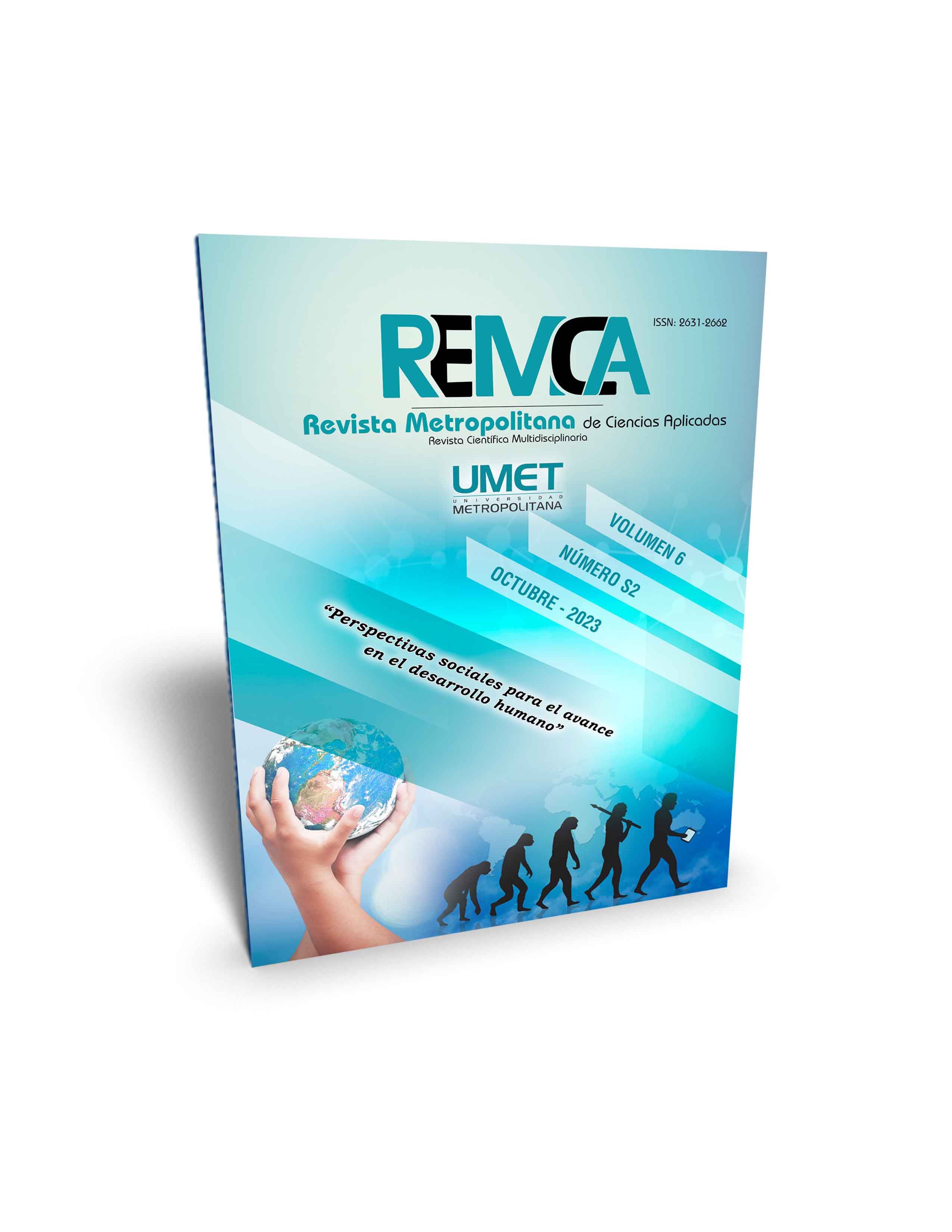Repercusión del estrés y ansiedad en el rendimiento académico en estudiantes de la Licenciatura en Enfermería
DOI:
https://doi.org/10.62452/yw9pah50Palabras clave:
Estrés, ansiedad, rendimiento académico, sobrecarga académicaResumen
El estrés y la ansiedad son los principales causantes de un bajo rendimiento académico en los estudiantes, debido a la sobrecarga de trabajos escolares, por ello, el objetivo de esta investigación consistió en identificar cómo repercute el estrés y la ansiedad en estudiantes de Enfermería en su estado psicológico, físico y social analizando desde el inicio de esta Licenciatura. Para alcanzar dicho objetivo, se presenta el caso de una estudiante de dicha licenciatura que se encuentra cursando su último semestre. Esta investigación se realiza desde una perspectiva descriptiva interpretativa con un enfoque cualitativo de diseño no experimental, sustentada de una entrevista, de la cual se hizo un análisis de la narración que hizo la estudiante para poder presentarse como una novela en donde se conoce a profundidad cómo se fueron desarrollando factores negativos que influyeron en la vida académica de un estudiante.
Descargas
Referencias
Clemente, Z. (2021). Estrés Académico y Ansiedad en Estudiantes de Licenciatura en Enfermería. (Tesis de maestría). Benemérita Universidad Autónoma de Puebla.
Cocunubo, S. (2021). Relación entre estrategias de afrontamiento del estrés y rendimiento académico en estudiantes universitarios. (Tesis de especialización). Universidad Piloto de Colombia.
De Dios, M., Varela, I., Braschi, L., & Sánchez, E. (2017). Estrés en estudiantes de enfermería. Educación Médica Superior, 31(3), 110-123.
Grasso, P. (2020). Rendimiento académico: un recorrido conceptual que aproxima a una definición unificada para el ámbito superior. Revista de Educación, (20), 89-104.
Herrera, S., Luna, D., & Solano, G. (2019). Psicoterapia breve para pacientes que sufren cáncer de mama. Revista de Psicología y Ciencias del Comportamiento de la Unidad Académica de Ciencias Jurídicas y Sociales, 10(1), 49-62.
López, F., & López, M. J. (2011). Situaciones generadoras de estrés en los estudiantes de Enfermería en las prácticas clínicas. Ciencia y enfermería, 17(2), 47-54.
Marty, M., Lavín M., Figueroa M., Larraín de la Cruz D., & Cruz, C. (2005). Prevalencia de estrés en estudiantes del área de la salud de la Universidad de los Andes y su relación con enfermedades infecciosas. Revista Chilena de Neuro-Psiquiatría, 43(1), 25-32.
Mosqueira, C., & Poblete, M. (2020). Relación entre el nivel de ansiedad y rendimiento académico en estudiantes de enfermería. Enfermería Universitaria, 17(4), 437-448.
Negrete, T. J., & Pacheco, A. (2017). Relación entre análisis institucional y currículum. Herramientas para pensar la formación de jóvenes restauradores. Revista Interamericana de Educación de Adultos, 39(2), 128-142.
Pinargote, I., & Caicedo, L. (2019). La ansiedad y su relación en el rendimiento académico de los estudiantes de la carrera de Psicología de la Universidad Técnica de Manabí. Espirales Revista Multidisciplinaria de Investigación Científica, 3(28).
Rodríguez, A., Durán, M., Fernández, M., & Quintero, T. (2007). Situaciones de las prácticas clínicas que provocan estrés en los estudiantes de enfermería. Enfermería Global, 6(1).
Descargas
Publicado
Número
Sección
Licencia
Derechos de autor 2023 Diego Ortega-Ortega, Margarita Gissel Pérez-Hernández, Javier Moreno-Tapia (Autor/a)

Esta obra está bajo una licencia internacional Creative Commons Atribución-NoComercial-CompartirIgual 4.0.
Los autores que publican en la Revista Metropolitana de Ciencias Aplicadas (REMCA), están de acuerdo con los siguientes términos:
1. Derechos de Autor
Los autores conservan los derechos de autor sobre sus trabajos sin restricciones. Los autores otorgan a la revista el derecho de primera publicación. Para ello, ceden a la revista, de forma no exclusiva, los derechos de explotación (reproducción, distribución, comunicación pública y transformación). Los autores pueden establecer otros acuerdos adicionales para la distribución no exclusiva de la versión de la obra publicada en la revista, siempre que exista un reconocimiento de su publicación inicial en esta revista.
© Los autores.
2. Licencia
Los trabajos se publican en la revista bajo la licencia de Atribución-NoComercial-CompartirIgual 4.0 Internacional de Creative Commons (CC BY-NC-SA 4.0). Los términos se pueden consultar en: https://creativecommons.org/licenses/by-nc-sa/4.0/deed.es
Esta licencia permite:
- Compartir: copiar y redistribuir el material en cualquier medio o formato.
- Adaptar: remezclar, transformar y crear a partir del material.
Bajo los siguientes términos:
- Atribución: ha de reconocer la autoría de manera apropiada, proporcionar un enlace a la licencia e indicar si se ha hecho algún cambio. Puede hacerlo de cualquier manera razonable, pero no de forma tal que sugiera que el licenciador le da soporte o patrocina el uso que se hace.
- NoComercial: no puede utilizar el material para finalidades comerciales.
- CompartirIgual: si remezcla, transforma o crea a partir del material, debe difundir su creación con la misma licencia que la obra original.
No hay restricciones adicionales. No puede aplicar términos legales ni medidas tecnológicas que restrinjan legalmente a otros hacer cualquier cosa que la licencia permita.




